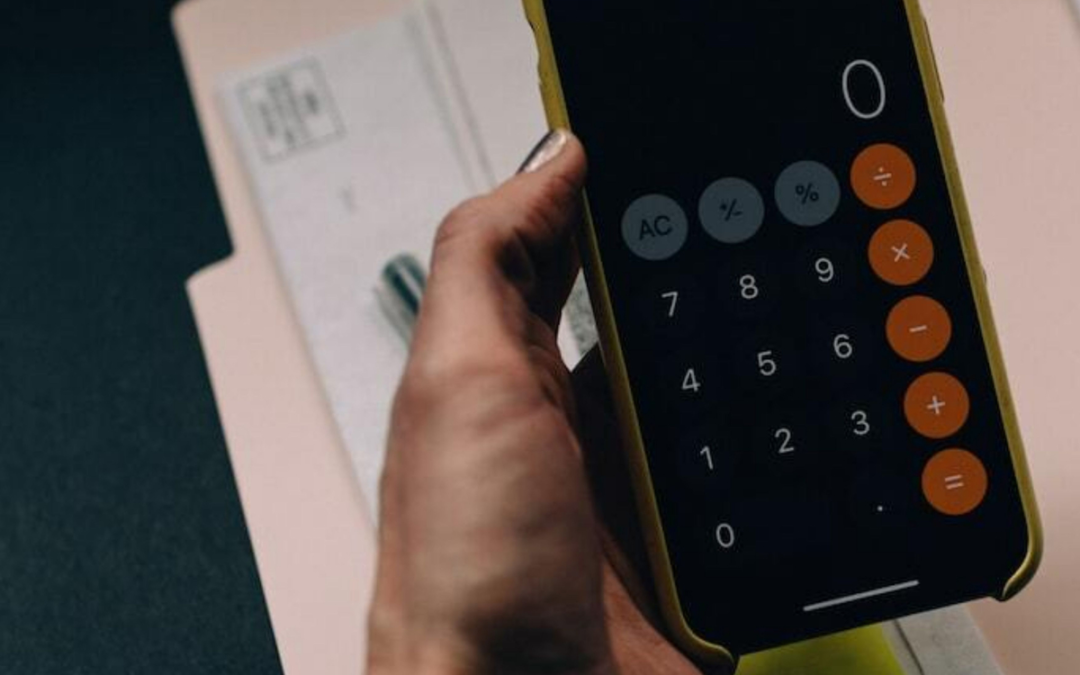Purchasing a new home is an exciting and significant milestone in anyone’s life. However, before you start picturing yourself in your dream home, it is crucial to determine your home buying budget. Your budget determines not only the price range of homes you should consider but also the financial feasibility of such a purchase. To help you make an informed decision, here are some key steps to determine your home buying budget.
1. Evaluate Your Current Financial Situation:
To establish your home buying budget, start by evaluating your current financial situation. Consider your income, expenses, and any existing debts. Calculate your monthly income and determine how much you can allocate towards mortgage payments without compromising your other financial obligations. Remember to factor in any additional expenses, such as property taxes, insurance, and maintenance costs.
2. Assess Your Debt-to-Income Ratio:
Another vital aspect in determining your home buying budget is your debt-to-income ratio (DTI). This ratio compares your monthly debt payments to your gross monthly income and is used by lenders to assess your borrowing capacity. Calculate your DTI by dividing your total monthly debt payments by your gross income, expressed as a percentage. Most lenders prefer a DTI ratio of 36% or less, but there are programs and options that may go up to 50% plus.
3. Consider Your Down Payment:
Before delving into your home hunt, determine how much you have available for a down payment. While a larger down payment often leads to better loan terms and a smaller mortgage amount, consider your financial goals and priorities. A 20% down payment is often recommended to avoid private mortgage insurance (PMI) charges. However, there are loan programs available that allow for smaller down payments, such as conventional loans with PMI, FHA loans, VA loans, and USDA loans. Evaluate your options and select a down payment that suits your financial situation.
4. Use a Mortgage Affordability Calculator:
To further refine your home buying budget, utilize a mortgage affordability calculator. These online tools consider your income, debts, and down payment to estimate the maximum mortgage amount you can afford. Enter your information into the calculator, and it will provide you with an estimated price range for homes within your budget. However, keep in mind that these calculators provide rough estimates and should be used as a starting point.
5. Get Pre-Approved for a Mortgage:
While a mortgage affordability calculator provides a good starting point, the next step is to get pre-approved for a mortgage. Pre-approval involves a comprehensive evaluation of your financial history by a lender, who then determines the exact mortgage payment you are qualified for. By getting pre-approved, you gain a clear understanding of your home buying budget and strengthen your position as a serious buyer in the market.
6. Consider Additional Expenses:
When calculating your home buying budget, it’s crucial to take into account additional expenses associated with homeownership. Remember to include costs such as property taxes, homeowner’s insurance, maintenance, and potential HOA fees. These expenses can significantly impact your monthly budget, so ensure that your budget allows for these costs without stretching you too thin.
7. Consider Future Financial Goals:
Lastly, consider your future financial goals when determining your home buying budget. Think about your other financial priorities, such as saving for retirement, college funds, or starting a business. While the excitement of buying a new home can be overwhelming, it’s essential to find a balance between investing in your dream home and securing your future financial well-being.
In conclusion, determining your home buying budget requires a holistic assessment of your current financial situation, debt obligations, and down payment amount. Utilize tools like mortgage affordability calculators and get pre-approved for a mortgage to gain a more accurate understanding of your budget. Also, consider additional expenses and how your home buying decision aligns with your future financial goals. By following these steps, you can confidently embark on your home buying journey with a well-defined budget in mind.
Breaking Barriers: A Revolutionary Loan Option for First-Time Homebuyers
Unlocking Homeownership: The 1% Down Mortgage Revolution In today's challenging real estate market, many aspiring homeowners find themselves trapped between the dream of owning a home and the financial hurdles of traditional down payments. However, a groundbreaking...
Boost Your Credit Score: Essential Steps to Take Before Homeownership
Embarking on the journey to homeownership is an exciting milestone, but before you can unlock the door to your dream home, you need to ensure your financial foundation is solid. One of the most crucial elements in this process is your credit score. Your credit score...
Trigger Leads 101: What They Are and How to Make Them Stop
A trigger lead is a type of marketing lead sold by credit bureaus to lenders and mortgage companies. When someone applies for a mortgage and their credit report is pulled, it can act as a "trigger" for the credit bureaus to sell that consumer’s information as a lead...




